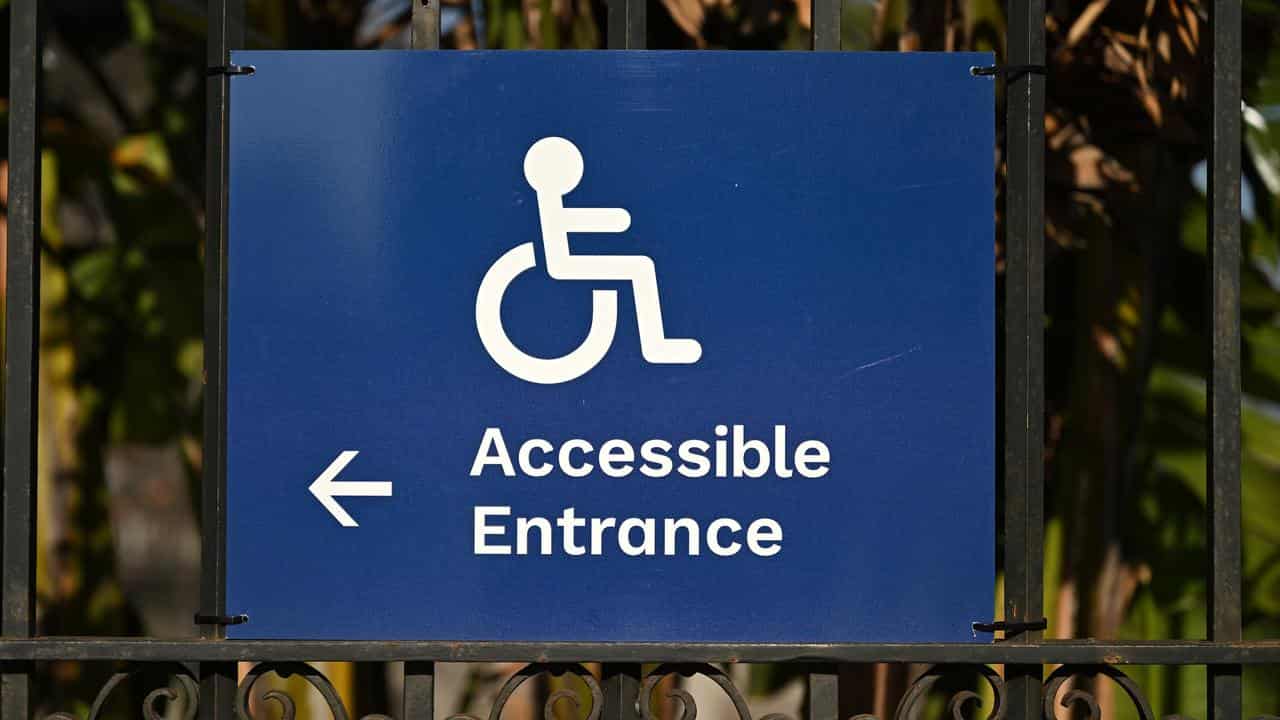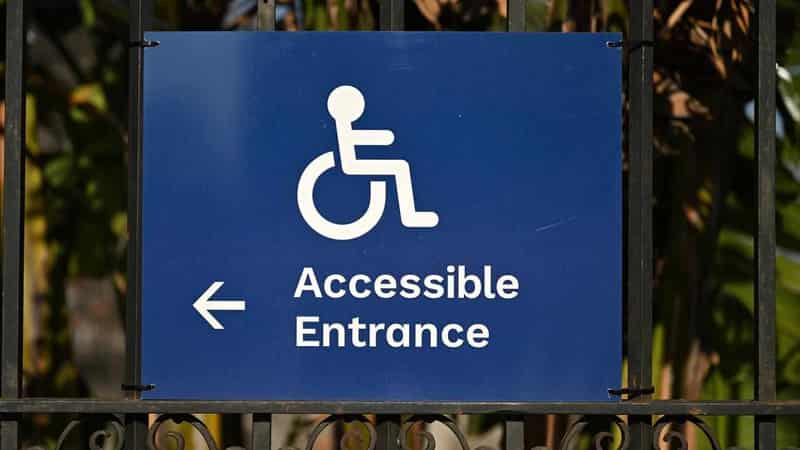
Segregated education for students with disabilities is likely here to stay, state leaders say, as they respond to the disability royal commission.
Federal, state and territory governments on Wednesday outlined their initial responses to the Royal Commission into Violence, Abuse, Neglect and Exploitation of People with Disability, ten months after its final report was handed down.
Some of the commissioners had called for special or segregated education to be phased out, but regional leaders were mostly in support of keeping separate classes.
"We value the role specialist schools play in the education system," the Victorian response said.
"We will continue to provide parents and carers with the choice of enrolling their child in a school that is right for them - whether that is an inclusive local school or a specialist school.
"We recognise that inclusion does not mean a ‘one size fits all’ approach to education."
NSW took a similar position, saying there would be a variety of approaches for students with disabilities.
"We acknowledge that specialist settings play a crucial role in meeting the diverse needs of students and offer choice to families in selecting the most suitable educational environment," its official response said.
The commission had called for no new enrolments of students with disabilities into special or segregated schools from 2032, with the schools to be phased out entirely by 2051.
Down Syndrome Australia chief executive Darryl Steff said the segregation in education of those with disabilities has to stop now.
"Students with disabilities deserve the right to be educated alongside their same age peers in an inclusive setting," he told reporters in Brisbane on Wednesday.
Segregated education has flow-on effects as many students often do not go on to full employment, he said.
And those who are employed in segregated contexts can be paid as little as $3 an hour, making vulnerable Australians more prone to exploitation, Mr Steff said.
That tied in with the concerns of some of the commissioners, who indicated special schools were not compatible with disability rights conventions and entrenched segregation later in life.
Queensland Education Minister Di Farmer said parents should be able to choose where their children go to school.
"We have children with disabilities in our mainstream classrooms, and we support parents being able to make a choice they believe is most appropriate," she said.
In its official response to the commission, the federal government said any decisions on phasing out special schools were best left with states and territories.
Of the 222 recommendations put forward by the royal commission, state and territories have oversight of 50 of them, while also sharing in responsibility for 85.
"We are committed to implementing the recommendations, to promote a more just and inclusive society that supports people with disability to be independent and live free from violence, abuse, neglect and exploitation," ACT Chief Minister Andrew Barr said.









